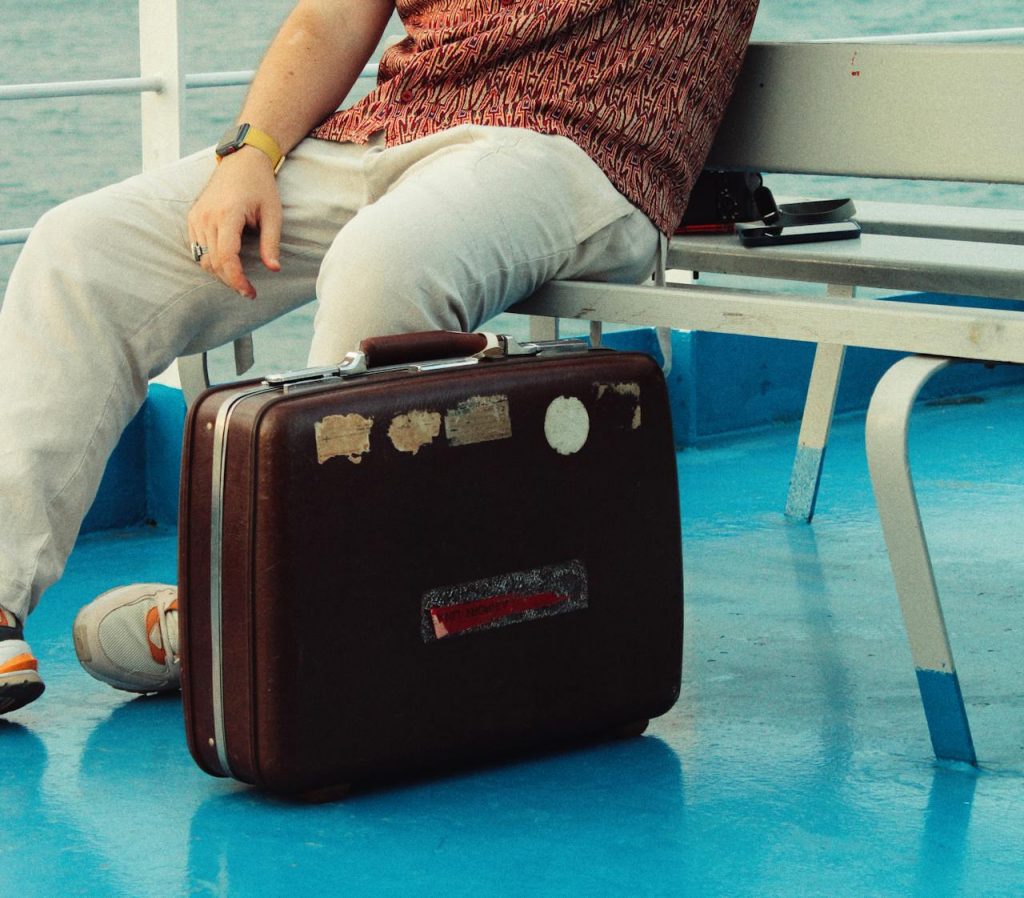
Ferry journeys bring together people from different walks of life—families heading to coastal vacations, commuters moving between islands, and travelers exploring new destinations. Unlike planes or trains, ferries often provide more space and freedom to move around, but with that freedom comes the need for courtesy. Practicing good ferry etiquette ensures not only a smoother journey for oneself but also for every fellow passenger on board.
Whether someone is a first-time rider or a seasoned traveler, understanding and following basic ferry manners can make all the difference. Here are the essential tips every passenger should keep in mind.
1. Arrive on Time
Unlike buses or trains, ferries often run on strict schedules that can be influenced by tides and weather conditions. Arriving late may delay boarding, disrupt the flow of the queue, or even result in missing the ferry altogether. Plan to arrive early, especially when traveling with a vehicle, as loading procedures can take extra time. Platforms like FerryScanner make it easy to check departure times and avoid last-minute stress.

2. Respect Boarding Queues
Boarding a ferry can sometimes feel chaotic, particularly during busy holiday seasons. It’s important to respect the queue and avoid rushing ahead. Passengers with special needs, families with young children, and those requiring assistance are often given priority. A little patience here goes a long way toward keeping the atmosphere calm and respectful.
3. Be Mindful of Luggage
While ferries can accommodate more luggage than airplanes, passengers should still be considerate. Keep bags compact, avoid blocking aisles, and place belongings in designated storage areas when possible. This ensures that everyone has space to move freely without navigating around piles of suitcases.

4. Share Seating Fairly
Finding a good seat on a ferry is part of the experience, especially on scenic routes. However, saving multiple seats with personal items or stretching out across several chairs is inconsiderate. Remember, ferries are shared spaces, and allowing others to sit comfortably is a simple act of kindness.
5. Keep Noise Levels Respectful
One of the charms of ferry travel is the peaceful environment—passengers can enjoy the sound of the waves, the hum of the engines, and quiet conversations. Loud music, phone calls on speaker, or overly boisterous behavior can disturb this harmony. Headphones and considerate conversation levels help maintain the relaxing mood that ferries are known for.
6. Follow Safety Instructions
Safety briefings and crew instructions exist for a reason. While it may be tempting to wander freely or ignore rules about restricted areas, doing so can be dangerous. Pay attention to safety announcements, know where life jackets are stored, and respect boundaries on the deck. Platforms like FerryScanner often provide route-specific tips that highlight safety measures, helping travelers feel better prepared.
7. Be Courteous with Food and Drinks
Many ferries have cafés or allow passengers to bring their own snacks. While enjoying food on board is part of the fun, it’s important to dispose of waste properly and keep spaces clean. Strong-smelling meals or spills can affect others’ comfort, so a little mindfulness goes a long way in maintaining a pleasant environment.
8. Respect Personal Space
Even though ferries often provide more room than other forms of transport, respecting personal boundaries remains important. Avoid crowding others in seating areas, be mindful when moving through narrow aisles, and give families or couples their space to enjoy the journey together.

9. Be Kind to the Crew
The crew works hard to ensure that everyone has a safe and comfortable journey. Simple gestures like a thank you, following instructions promptly, or asking questions politely can brighten their day and foster a more positive atmosphere on board.
10. Disembark in an Orderly Way
When the ferry docks, excitement to reach the destination can cause passengers to rush. Instead of pushing forward, wait patiently for instructions from the crew. This keeps the process safe and efficient, especially for those traveling with vehicles or larger groups. Using FerryScanner to check for connecting routes or onward travel options can help reduce the pressure of feeling rushed when it’s time to disembark.

Final Thoughts
Good ferry etiquette is about respect—respect for the journey, for fellow passengers, and for the crew. Unlike faster modes of travel, ferries encourage a slower pace and a shared experience that becomes part of the adventure itself. By practicing these small but meaningful courtesies, passengers contribute to the unique charm of ferry travel.
With tools like FerryScanner, planning and booking become simple, leaving more room to focus on the joy of the journey. After all, a ferry ride isn’t just about reaching the destination—it’s about making the voyage itself an enjoyable and memorable part of the trip.
Last modified: September 1, 2025








